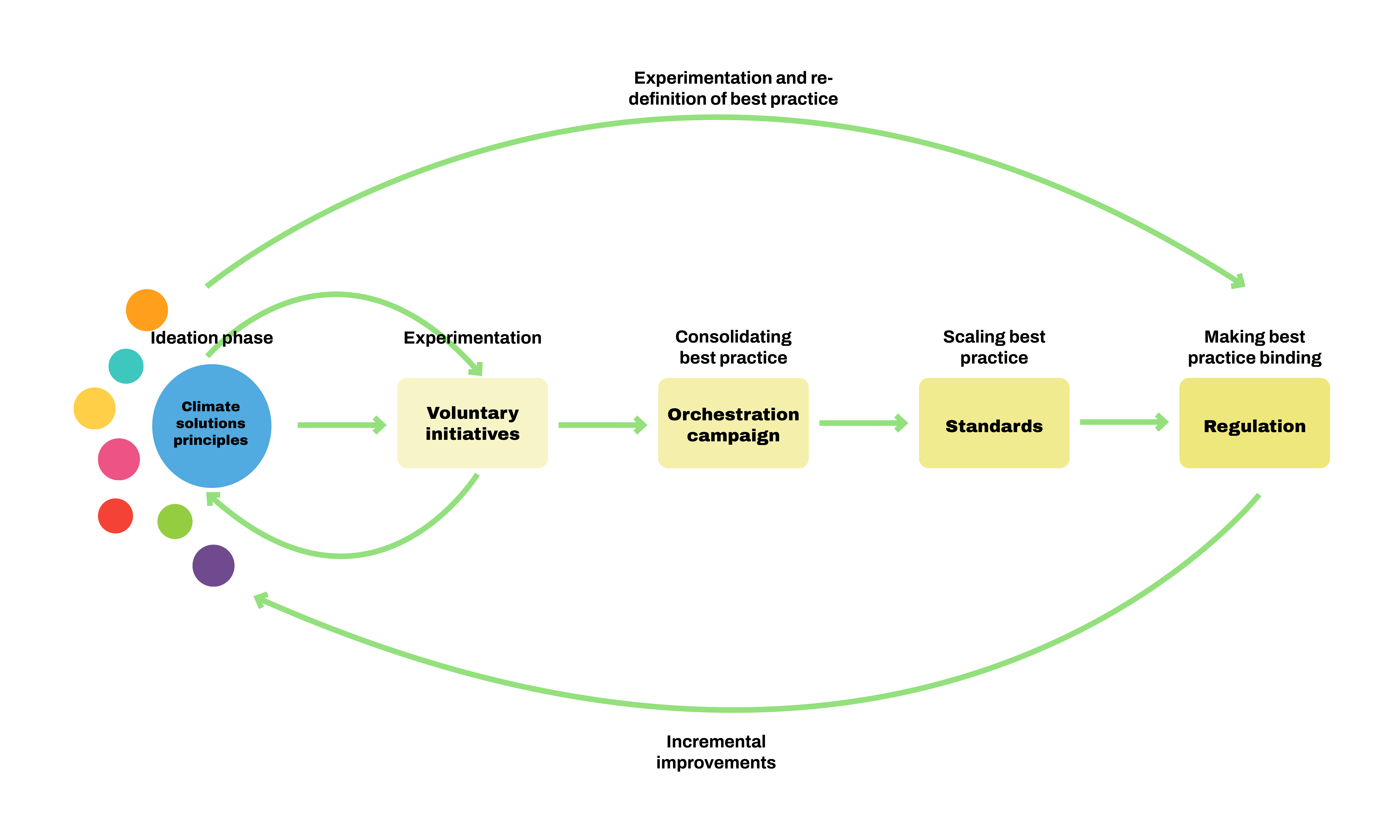Exponential Roadmap Initiative and Oxford Net Zero launched a new discussion paper, Climate solutions principles: defining and qualifying climate solutions and climate solutions companies.
Scaling climate solutions exponentially is a precondition to achieving a 1.5°C world, yet a climate solutions perspective has largely been missing from the corporate climate standards and policy outlook.
Kaya Axelsson, Head of Policy and Partnerships, Oxford Net Zero:
The climate movement has so far missed to incentivize companies to create climate solutions. We have talked to them about reducing emissions within their inventories, and that is absolutely critical. But companies are looking to standards and policy to set their strategic direction and the climate movement has not incentivized them to use the greatest lever they have at their disposal which is to develop climate solutions to help us get to net zero.
Johan Falk, CEO and Co-founder Exponential Roadmap Initiative:
We need to scale up climate solutions to shift out the fossil economy. We will not succeed with phasing out fossil fuels in time if we don’t exponentially scale up the solutions. Existing companies need to transform their portfolios and new innovative companies can scale up the next generation solutions.
This paper, therefore, puts forward principles for defining climate solutions as an offering to the corporate climate action governance, accountability and reporting landscape.
Kaya Axelsson, Head of Policy and Partnerships, Oxford Net Zero:
At the core of what a climate solutions needs to be is the climate science. So the first thing we have to do is think about the emissions reductions per unit being in line with the Carbon Law, which is a 50% reduction at a minimum by 2030. We are setting a high bar here to incentivize radical and strong action by businesses to mobilize businesses to innovate in line with climate science and what we know we need to do to achieve 1.5°C. Another way to define a climate solution is to say the primary use of this product is to help reduce emissions in society, it is replacing high-carbon products. The third way to think about a climate solution is to meet a threshold of emissions low enough to be in line with global net zero pathways, eg the net zero emissions scenario of the International Energy Agency or IEA.
The authors – Johan Falk and Claire Wigg of Exponential Roadmap Initiative and Kaya Axelsson and Matilda Becker of Oxford Net Zero, see this paper as important new thinking that would move along the so-called conveyor belt of the corporate climate accountability and governance system, feeding into experimental use by voluntary initiatives and efforts by orchestration campaigns, such as the Race to Zero, to consolidate best practice.

graphic adapted from Governing net zero: the conveyor belt (Hale, 2021).
Exponential Roadmap Initiative and Oxford Net Zero are keen to ensure that their work takes account of existing definitions, guidelines and taxonomies, and other ongoing work to define “green” products, services, companies and investments. They invite response to their consultation on climate solution taxonomies, which will remain open until 31 January 2024.

